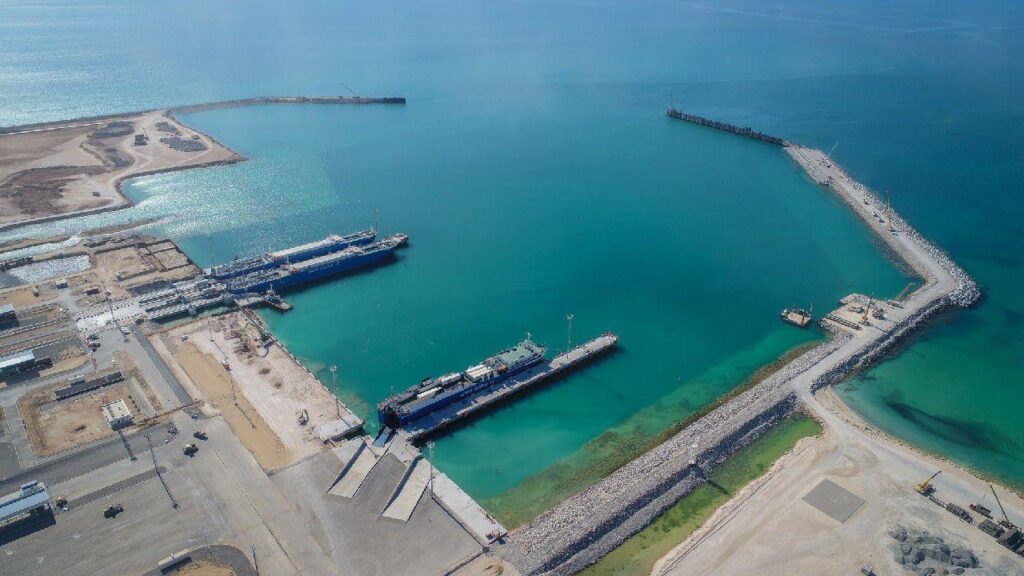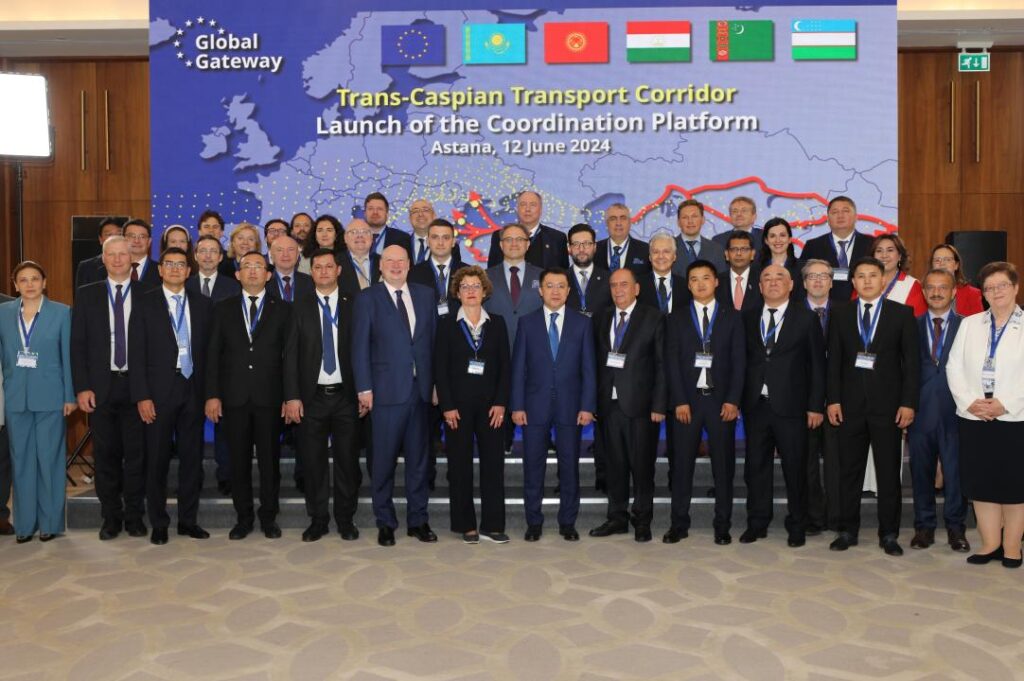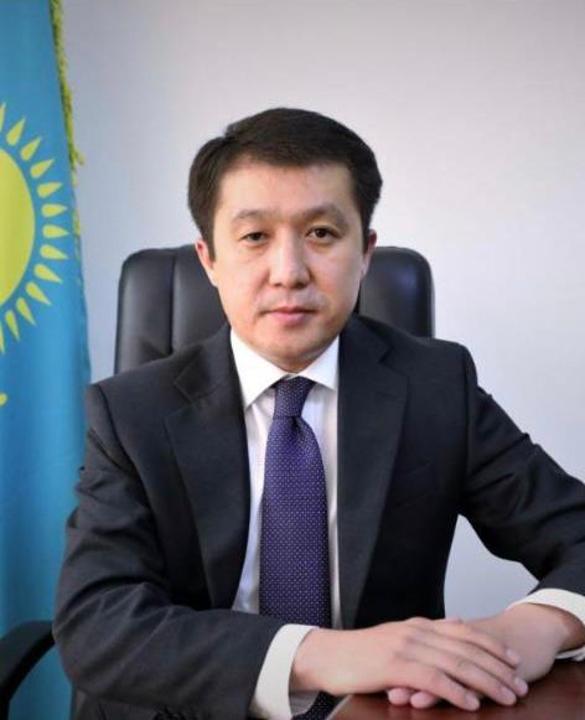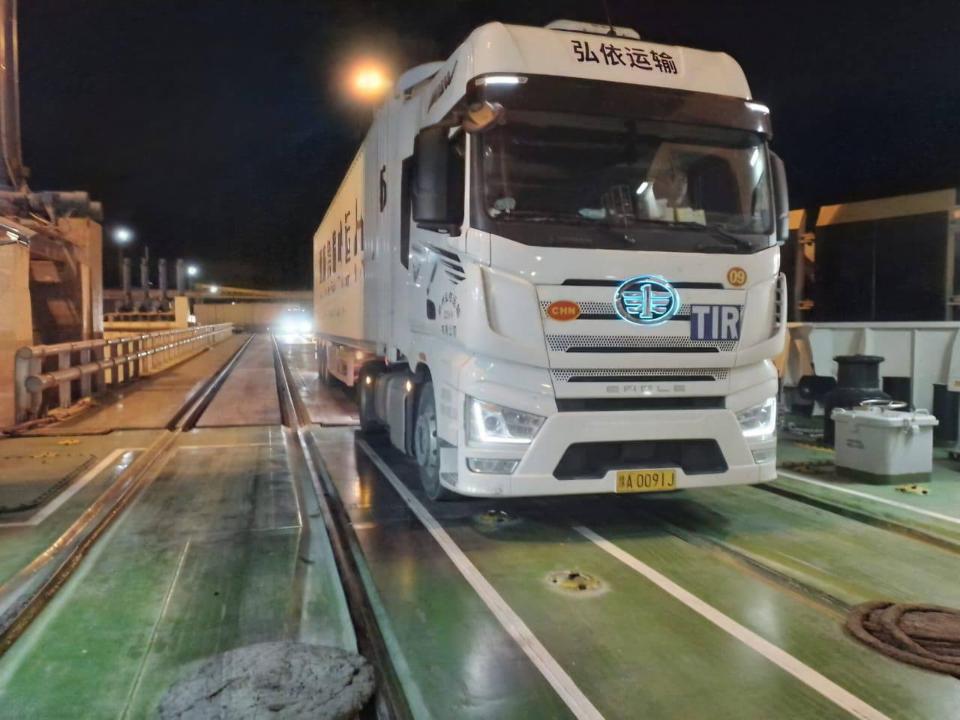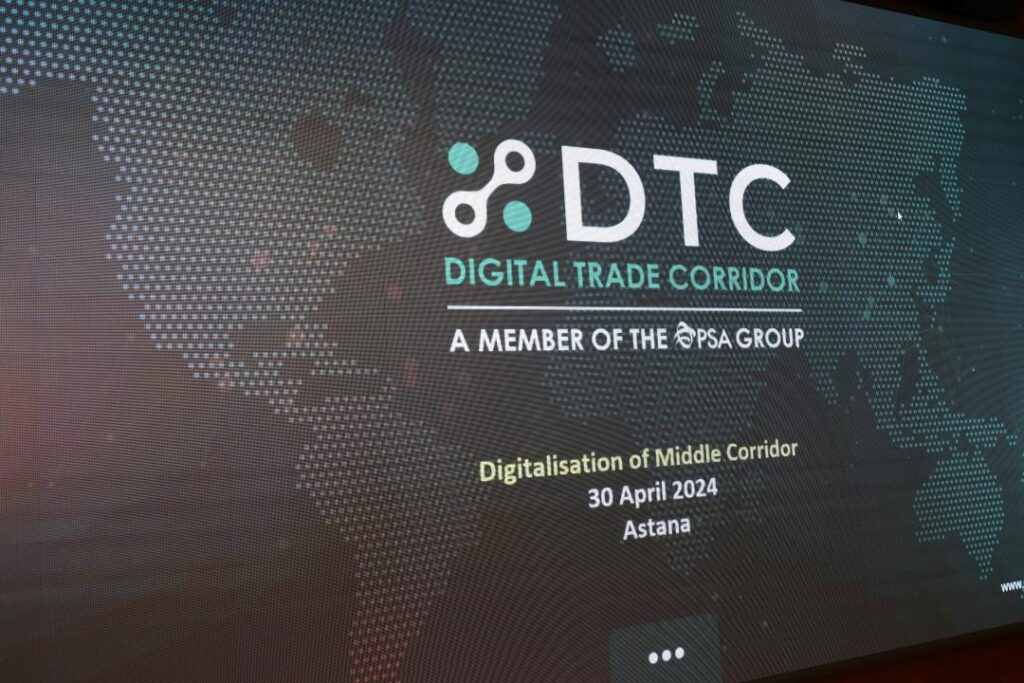SPECA Countries’ Digitalization of Multimodal Data Exchange along Trans-Caspian Transport Corridor
An international seminar on “Trade Facilitation and Digital Transformation of Multimodal Data and Document Exchange along the Trans-Caspian Corridor” was held in Aktau, Kazakhstan on June 11-12. Participants included the Ministry of Trade and Integration of Kazakhstan, the United Nations Economic Commission for Europe (UNECE), the International Association “Trans-Caspian International Transport Route” (TCITR), and partners including the German Society for International Cooperation (GIZ) and the Permanent Secretariat of the Intergovernmental Commission of the Transport Corridor Europe-Caucasus-Central Asia. The seminar followed the adoption of the SPECA Roadmap for Digitalization of Multimodal Exchange of Data and Documents along the Trans-Caspian Transport Corridor, using UN legal instruments and standards, at the Presidential Summit of participating States of the United Nations Special Programme for the Economies of Central Asia (SPECA), back in November 2023, The workshop in Aktau, which brought together experts in trade, transport, and digitalization from fifteen countries, focused on the digitalization of multimodal exchange of data and documents along the Trans-Caspian Transport Corridor, particularly in the ports of Baku (Azerbaijan), Aktau (Kazakhstan), and Turkmenbashi (Turkmenistan). During the event, reports were given on the implementation of UN standards for digitalization of international supply chains, port community systems, interoperability, and multimodal data exchange. A visit to Kuryk, organized by the Kazakh side, included a presentation of the port’s digitized system as well as ongoing work on transhipment and storage of cargo. The United Nations Special Program for the Economies of Central Asia (SPECA) was launched in 1998 to strengthen sub-regional cooperation in Central Asia and its integration into the world economy. SPECA countries include Afghanistan, Azerbaijan, Kazakhstan, Kyrgyzstan, Tajikistan, Turkmenistan, and Uzbekistan. Kazakhstan's trade turnover with SPECA countries in 2023 amounted to $9 billion.
